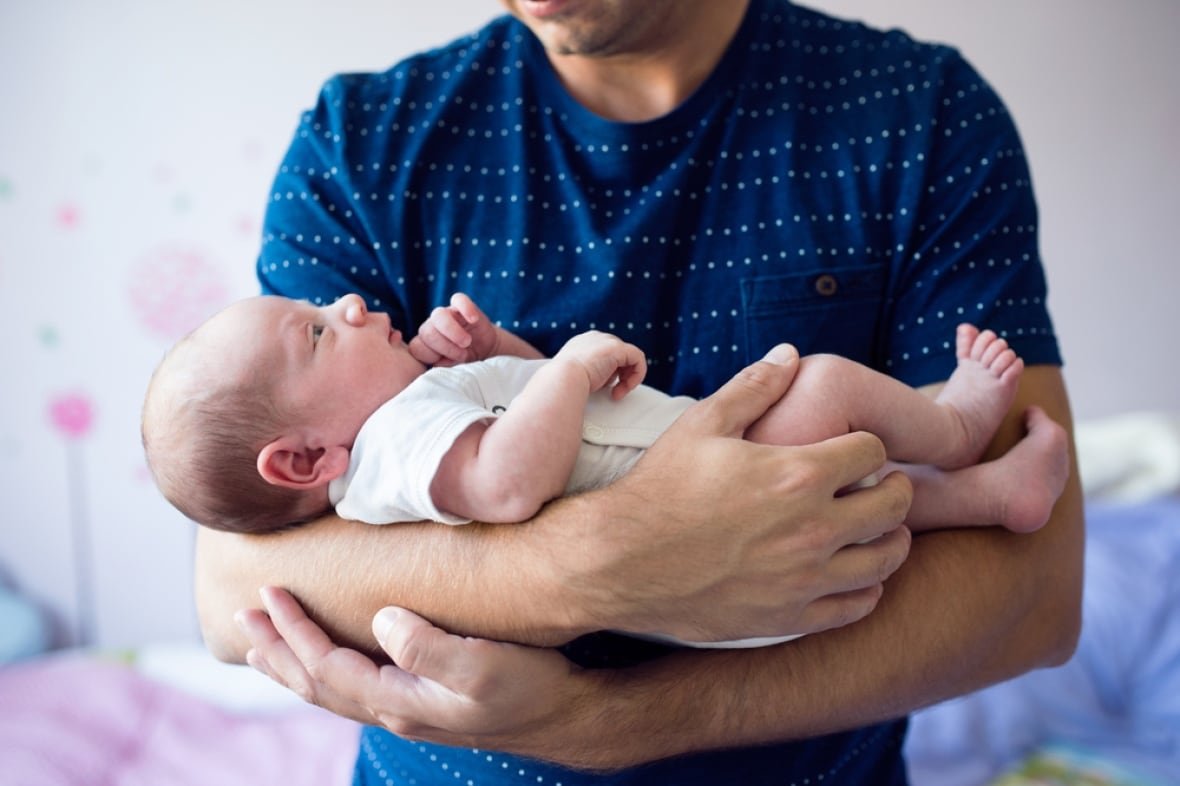While they’re about the oldest events in human history, pregnancy and giving birth have changed through the years, from the invention of the epidural to the rise of the gender reveal party.
But something else has changed, particularly in the last five to 10 years, according to Christine Sexauer, perinatal and prenatal program co-ordinator with Douglas College: the way we announce to the world that a new baby has arrived.
Historically, newspapers were a place where birth announcements could be shared with the community. But as newspapers vanish from newsstands, social media has become the platform for disseminating this life-changing news.
It’s so important, in fact, that Sexauer recommends parents-to-be create a social media plan ahead of the big day.

“Your life changes from that moment on, and how we recall not just the labour and delivery, but that postpartum really matters,” she said. “If we can empower ourselves in those small decisions, we can empower ourselves for a lifetime.”
There are pros and cons to social media birth announcements, Sexauer said, but ultimately, it’s up to the parent or parents to decide what works best for them.
Spread the word
Posting to social media after birth is not a bad thing, Vancouver-based fertility coach Laura Spencer says. In many cases, it means the parents don’t have to make dozens of phone calls to tell loved ones about their new arrival because they’re able to share the news more broadly.
“Time is so precious once you have a newborn,” she said.
Social media also helps build community, Spencer said, adding that letting other people know you’ve just had a baby means they may be able to offer support.
Be safe
A big reason for creating a plan, Sexauer said, is ensuring safety for both the parents and the newborn.
A study from the Canadian Paedeatric Society found that skin-to-skin care — when a parent holds the newborn directly on their skin — should start immediately after birth. The report’s authors say it has a positive effect on breastfeeding, reduces pain and infant stress, enhances bonding and has positive effects on parental mental health.
“We do feel really vulnerable right after we become parents,” Sexauer said. “There’s so many different feelings going on — oxytocin, that love hormone, is so incredibly important.”

Sexauer said ensuring proper skin-to-skin contact will reduce the risk of sudden and unexpected postnatal collapse, a condition where an infant experiences an unexpected cardio-respiratory collapse within the first seven days after birth.
Perinatal Services B.C. says the risk can be mitigated with proper oversight from care providers.
Social media can also be a distraction, Spencer said.
If you’re focused on social media right after the delivery, she said it’s impossible to be present during a big moment for your family.
“Your attention is not focused on the baby, or your health or your needs or listening to what your instincts are saying if people are taking a video,” she said.
Everyone is different
But, Spencer said everyone will have different boundaries and expectations when it comes to sharing the news or a newborn on social media.
When to share the news is the question, Sexauer said. And while everyone will make different decisions about what’s right for their family, Sexauer advises waiting a little while, until after the parents and newborn have had some time to bond.
Babies often sleep a lot for the first 24 hours after they’re born, she said, which is a key time for parents to get some rest, too — something that can be challenging when a phone is notifying you of messages and reactions to a social media post.
“Whether you announce it right from the beginning or you take your time, nothing’s going to change,” Sexauer said. “It’s not going to make a big difference on the excitement that everybody is going to feel when you do share your news, and you can take control over when that news is going to be spread.”
